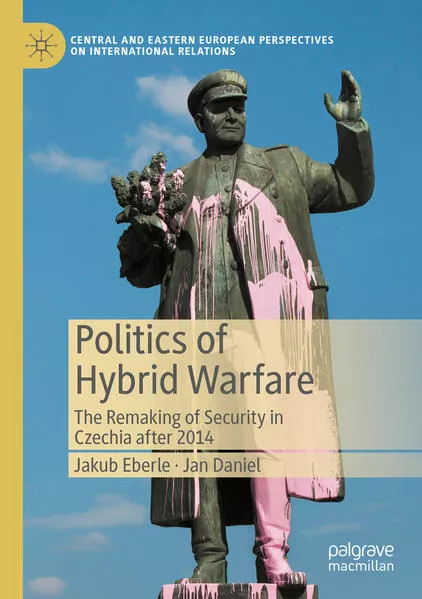
- Publikationen ca: 3
- Fragen & Antworten
Jakub Eberle
Jan Daniel is a researcher at the Institute of International Relations Prague, Czech Republic, interested in social theory, international political sociology and political anthropology. His most recent research project looks into the politics of Czech responses to hybrid warfare. The results of this project inquired the social processes that led to the establishment of hybrid warfare as a primary concern of Czech security; the narratives of hybrid warfare and knowledge production; and the affective resonance of certain interpretations of hybrid warfare, respectively. He has also studied global peace and security governance with works published in the Journal of Intervention and Statebuilding and Global Change, Peace and Security. Jan obtained his PhD in International Relations from Charles University in Prague and has taught there several courses on theory and methods of security studies and international security. He was also a visiting researcher at the European University Institute, Free University Berlin and Orient Institute Beirut.
Politics of Hybrid Warfare
This is a first book-long analysis showing how the notion of ‘hybrid warfare’ was used to transform security policies and discourses in an EU/NATO country. Building on current debates in International Political Sociology, Critical Security Studies, and Critical Geopolitics, it provides a novel account of how crisis, geopolitics, uncertainty, and expertise are intertwined in the social construction of threats.
Politics of Hybrid Warfare
This is a first book-long analysis showing how the notion of ‘hybrid warfare’ was used to transform security policies and discourses in an EU/NATO country. Building on current debates in International Political Sociology, Critical Security Studies, and Critical Geopolitics, it provides a novel account of how crisis, geopolitics, uncertainty, and expertise are intertwined in the social construction of threats.
Politics of Hybrid Warfare
This is a first book-long analysis showing how the notion of ‘hybrid warfare’ was used to transform security policies and discourses in an EU/NATO country. Building on current debates in International Political Sociology, Critical Security Studies, and Critical Geopolitics, it provides a novel account of how crisis, geopolitics, uncertainty, and expertise are intertwined in the social construction of threats.


